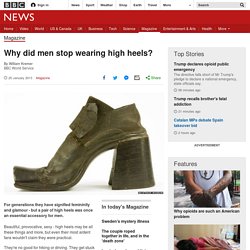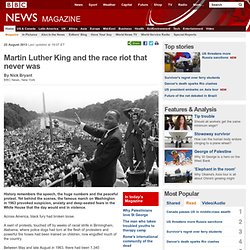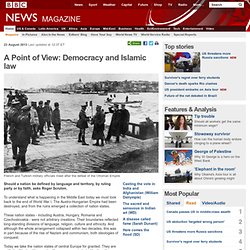

Iran Stretched Laws To Expand Ayatollah Khamenei's Grip On Economy. (This is the third story in a three-part series, Assets of the Ayatollah: By Yeganeh Torbati, Steve Stecklow and Babak Dehghanpisheh Nov 13 (Reuters) - Two months before his death in 1989, Iranian leader Ayatollah Ruhollah Khomeini tried to solve a problem unleashed by the revolution he led a decade earlier.

Land and other assets were being seized en masse from purported enemies of the young theocratic state. Khomeini issued a two-paragraph order asking two trusted aides to ensure that much of the proceeds from the sale of the properties would go to charity. The result was a new organization - known as Setad, or "The Headquarters" - that reported to Iran's supreme leader. Twenty-four years later, Setad is an economic giant.
Reuters found no evidence that Khamenei puts these assets to personal use. The thinking behind this painstaking legal effort is unclear. But the legal machinations served several purposes. Setad has emerged as a mainstay for Khamenei. Jordanian art gallery exhibits photos of aristocratic Victorian costume ball. Mrs.

Arthur Paget, Later Lady Paget née Mary (Minnie) Stevens (1853 – 1919) as Cleopatra Edward, Prince of Wales, later King Edward VII, costumed at the ball as Grand Master of the Knights Hopitallers of Malta The Queen threatened to cancel the celebrations should she be forced to contribute to the costs. Eventually the money came from public funds. Jordan Times | Oct 28, 2008 An enriching history lesson. Why did men stop wearing high heels? For generations they have signified femininity and glamour - but a pair of high heels was once an essential accessory for men.

Beautiful, provocative, sexy - high heels may be all these things and more, but even their most ardent fans wouldn't claim they were practical. They're no good for hiking or driving. They get stuck in things. Women in heels are advised to stay off the grass - and also ice, cobbled streets and posh floors. And high heels don't tend to be very comfortable. Originally, they weren't. "The high heel was worn for centuries throughout the near east as a form of riding footwear," says Elizabeth Semmelhack of the Bata Shoe Museum in Toronto. Good horsemanship was essential to the fighting styles of Persia - the historical name for modern-day Iran. "When the soldier stood up in his stirrups, the heel helped him to secure his stance so that he could shoot his bow and arrow more effectively," says Semmelhack.
"They aren't in the fields working and they don't have to walk far. " Obama and the Debt. Martin Luther King and the race riot that never was. 25 August 2013Last updated at 19:07 ET By Nick Bryant BBC News, New York History remembers the speech, the huge numbers and the peaceful protest.

Yet behind the scenes, the famous march on Washington in 1963 provoked suspicion, anxiety and deep-seated fears in the White House that the day would end in violence. Across America, black fury had broken loose. A swirl of protests, touched off by weeks of racial strife in Birmingham, Alabama, where police dogs had torn at the flesh of protesters and powerful fire hoses had been trained on children, now engulfed much of the country. Between May and late August in 1963, there had been 1,340 demonstrations in more than 200 cities. A Point of View: Democracy and Islamic law. 23 August 2013Last updated at 12:37 ET French and Turkish military officials meet after the defeat of the Ottoman Empire Should a nation be defined by language and territory, by ruling party or by faith, asks Roger Scruton.

To understand what is happening in the Middle East today we must look back to the end of World War I. The Austro-Hungarian Empire had been destroyed, and from the ruins emerged a collection of nation states. These nation states - including Austria, Hungary, Romania and Czechoslovakia - were not arbitrary creations. Today we take the nation states of central Europe for granted. The teenage radio enthusiasts who helped win World War II.
4 July 2013Last updated at 19:04 ET By Katia Moskvitch Technology reporter, BBC News There were about 1,500 so-called voluntary interceptors during WWII - civilians helping to intercept secret Nazi codes To mark the centenary of the Radio Society of Great Britain, one of its members recalls how the amateur organisation played a key role in a covert operation to safeguard the country's independence.

One day, towards the start of World War II, a captain wearing the Royal Signals uniform knocked on a British teenager's door. The 16-year-old was called Bob King. When he went to greet the visitor, he had no idea that soon he would become one of Britain's so-called "voluntary interceptors" - some 1,500 radio amateurs recruited to intercept secret codes broadcast by the Nazis and their allies during the war. "The captain asked me if I would be willing to help out with some secret work for the government," remembers Mr King, now 89.
Bob King was only 16 when he was recruited by MI8 “Start Quote.